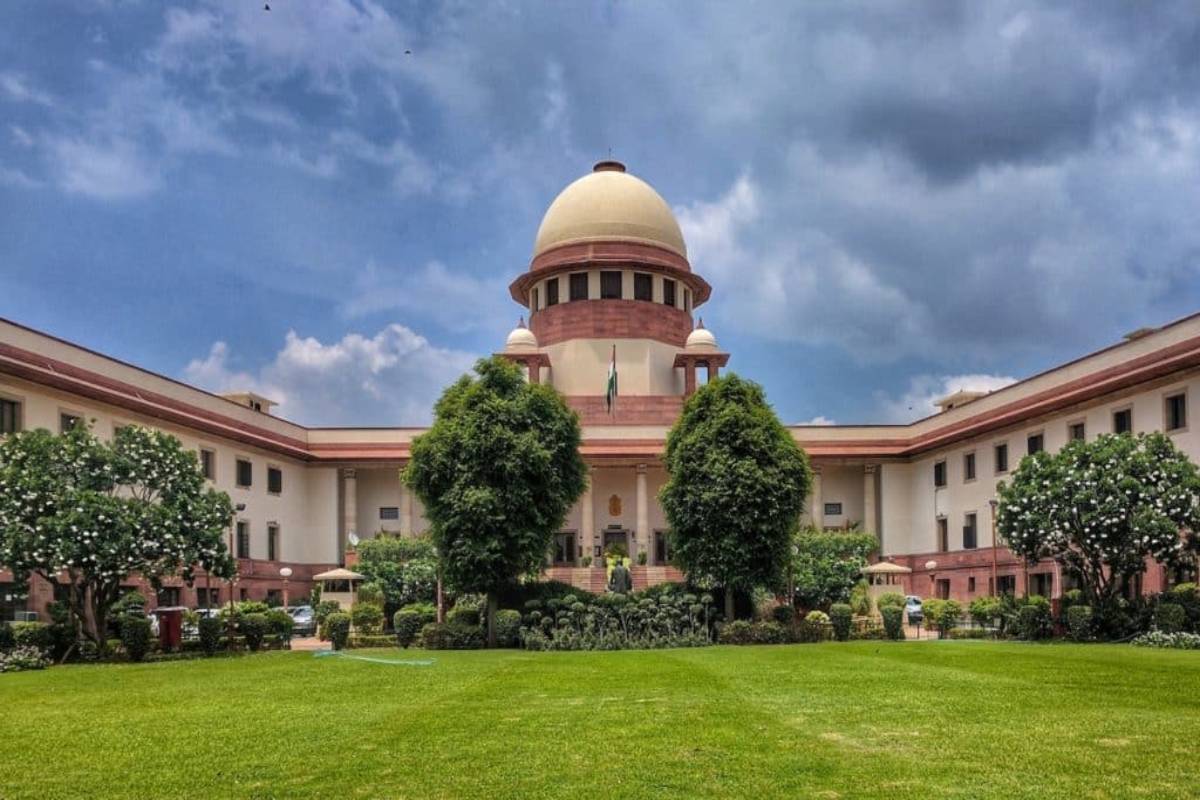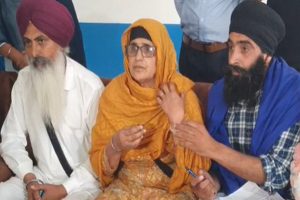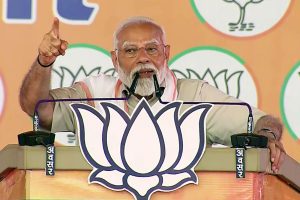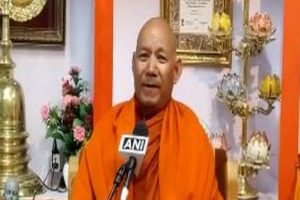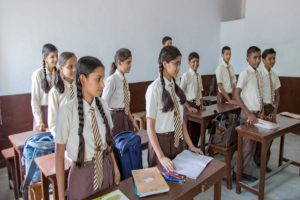For a “fair and unbiased” media coverage of criminal cases under investigation and noting the sweeping changes in media reporting that have taken place over a decade, the Supreme Court on Wednesday directed the Central government to prepare a new manual to lay down guidelines as to how police officers should brief media about the cases under investigation.
Heading a Bench also comprising Justices Pamidighantam Sri Narasimha and Manoj Misra, Chief Justice D.Y. Chandrachud asked the Union Home Ministry to prepare a manual on media briefings by police, particularly in sensitive cases, protecting the sanctity of the investigation and the rights of both the accused and the victim. Stating that “biased reporting also gives rise to public suspicion that the person has committed an offence. The media reports can also violate the privacy of victims,” the Bench said that biased reporting would harm the reputations of both the accused and the victims and it has the potential of derailing the investigation.
The Bench pointed to the need to maintain the “delicate balance” between the fundamental right to free speech and expression, the rights of the accused to a fair investigation, and the privacy of victims. The court appointed senior advocate Gopal Sankaranarayanan as amicus curiae to assist the court in the matter. Noting the sweeping changes that have taken place since the existing manual was framed more than a decade ago,
Mr Sankaranarayanan said: “We cannot restrain the media from reporting, but the sources can be restrained because the source is the State. Even in the Aarushi case, so many versions were given to the media.” Ordering the preparation of a fresh updated manual relating to briefing to media by police of the criminal cases under investigation, the Bench said that the existing manual was over a decade old and media coverage of criminal cases has revolved since then.
It noted that both print and electronic media played an important role in such cases as it involved several layers of public interest, including the public’s right to know during an investigation, the potential impact of police disclosure on the investigation process, the rights of the accused, and the overall administration of justice.
The court gave the Union Home Ministry three months’ time to prepare the handbook of the manual. The Bench asked the Union Home Ministry, while preparing the manual on police briefing of media, to take inputs from the chiefs of state and Union Territories police forces, and the National Human Rights Commission. Posting the matter for hearing after four months in January 2024, the Bench cautioned that the police briefing should guard against media trial of the cases, predetermining the guilt of the accused.
The top court direction for preparing a new manual to govern media briefing by the police of the cases under investigation, came on a public interest plea by NGO People’s Union for Civil Liberties seeking framing of guidelines for the reporting of criminal cases and encounter killings.

